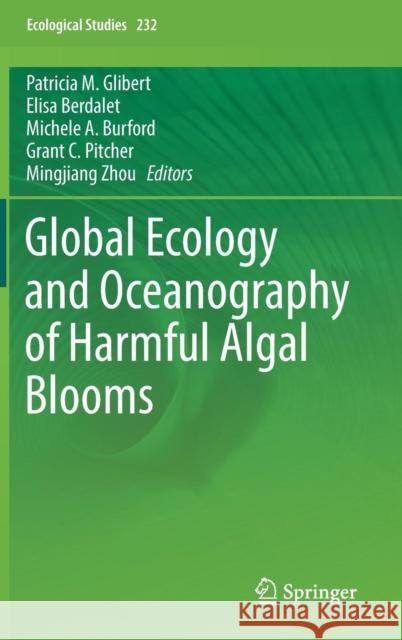Global Ecology and Oceanography of Harmful Algal Blooms » książka
topmenu
Global Ecology and Oceanography of Harmful Algal Blooms
ISBN-13: 9783319700687 / Angielski / Twarda / 2018 / 461 str.
Kategorie:
Kategorie BISAC:
Wydawca:
Springer International Publishing AG
Seria wydawnicza:
Język:
Angielski
ISBN-13:
9783319700687
Rok wydania:
2018
Wydanie:
2018
Numer serii:
000007171
Ilość stron:
461
Waga:
0.89 kg
Wymiary:
16.3 x 24.2 x 3.3
Oprawa:
Twarda
Wolumenów:
01











